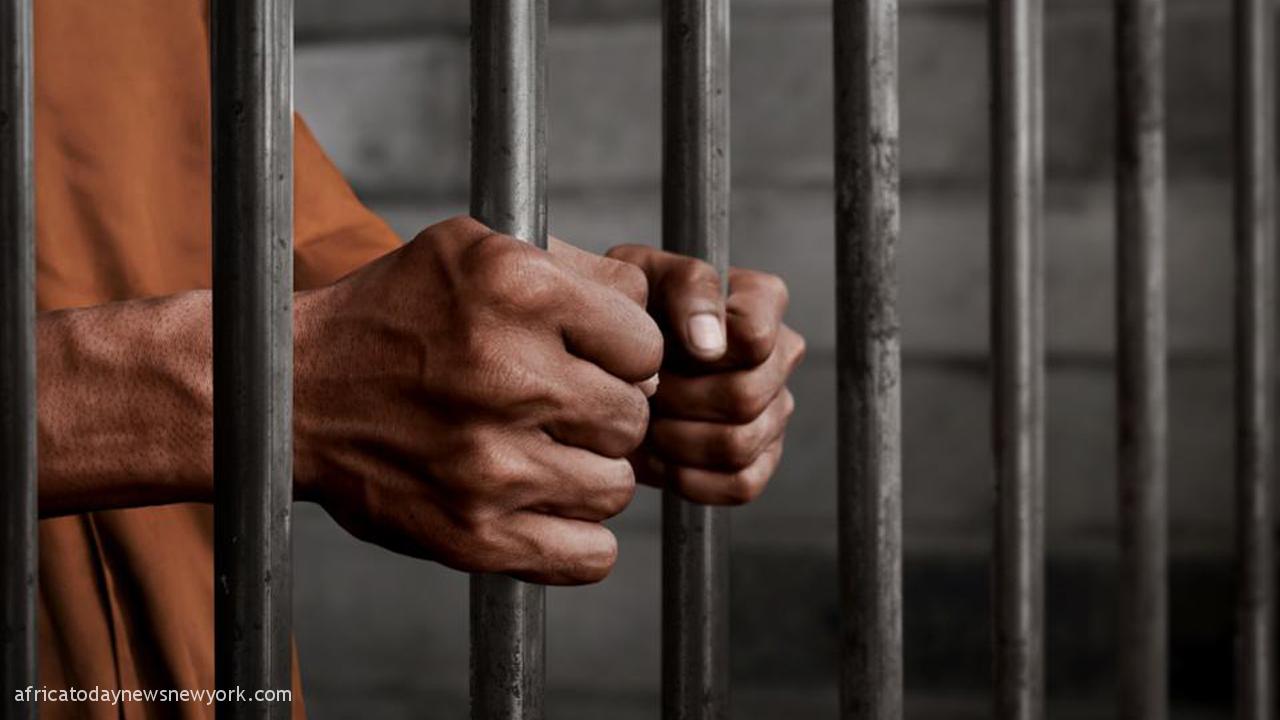The Country Director of the Advocacy for Justice and Accountability, Mr Ogedi Ogu, has called for the elimination of the practice of “holding charges” to avoid congestion in the nation’s correctional centers.
A holding charge is a temporary charge against suspects aimed at keeping them in custody.
Ogu made this known in an interview on Friday in Lagos.
Read Also: 2023 Polls: Senate Urges INEC To Allow Prison Inmates To Vote
He said that situations, whereby suspects were arraigned before magistrate courts on a holding charge, should be dispensed to discourage congestion.
“It is important we treat our justice system with caution; situations, where suspects are arraigned before a magistrate court which does not have jurisdiction over such cases, should be thrashed.
“The law is trite on the issue of holding charges, but even though we know that our laws have abolished the same, it is in practice.
“You find that rather than arraign suspects before a high court with jurisdiction over an offense, they are brought before a magistrate court.
“The problem with this practice is that these suspects are remanded in our correctional facilities while awaiting legal advice from the Directorate of Public Prosecution (DPP).
“So, the question is why not take these suspects before a high court with the requisite jurisdiction so that the court can decide whether or not to grant bail,” Ogu said
According to him, some of this DPP advice often take a length of time to emerge, adding that while the delay lingers, the correctional centers are continually overcrowded.
“Secondly, the law on DPP advice must be obeyed; in fact, if after 30 days the DPP is not forthcoming with the legal advice, then it is of no use keeping the suspects in custody,” he added.
Ogu noted that while delayed legal advice occasions prison congestion, the law mandates the Attorney-General to make such advice available after 30 days.
“The law provides that after 30 days the office of the Attorney-General must provide the legal advice.
“But you find that in the correctional centers, there are inmates awaiting legal advice for as long as eight years, and you wonder what has happened to the law which mandates a production of such advice within 30 days,” he said
Ogu, however, urged that the provisions on legal advice be adhered to in the interest of justice.

